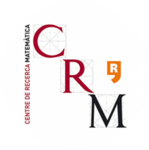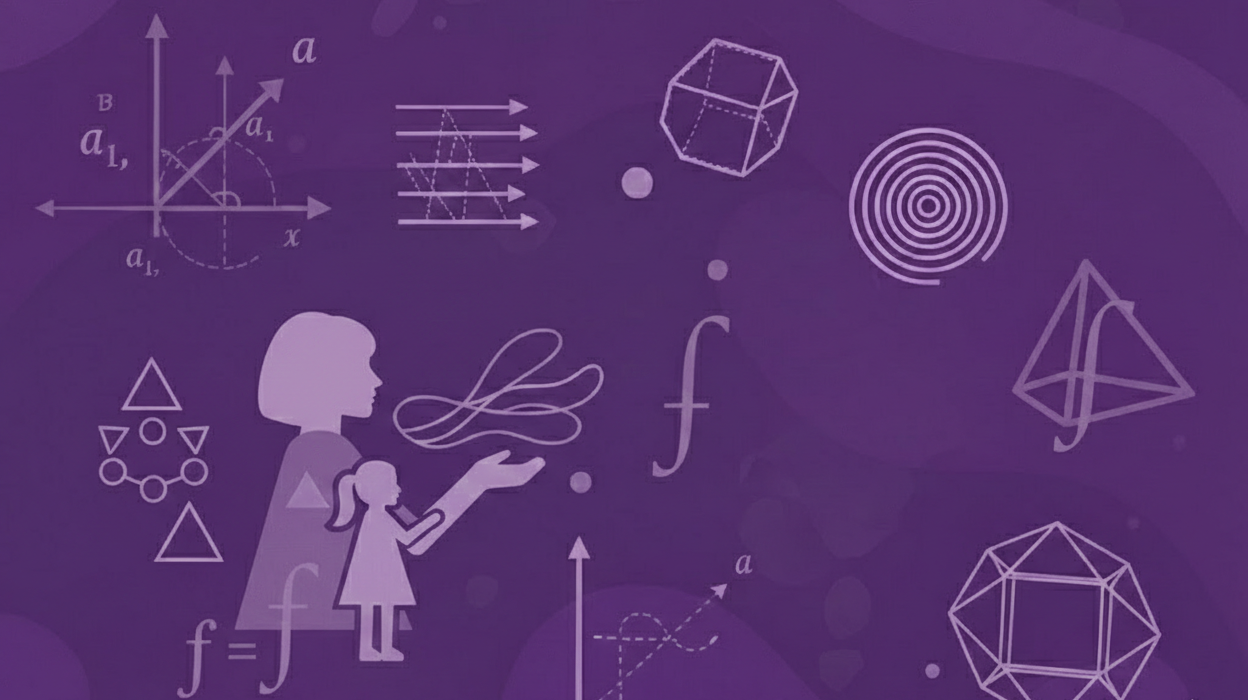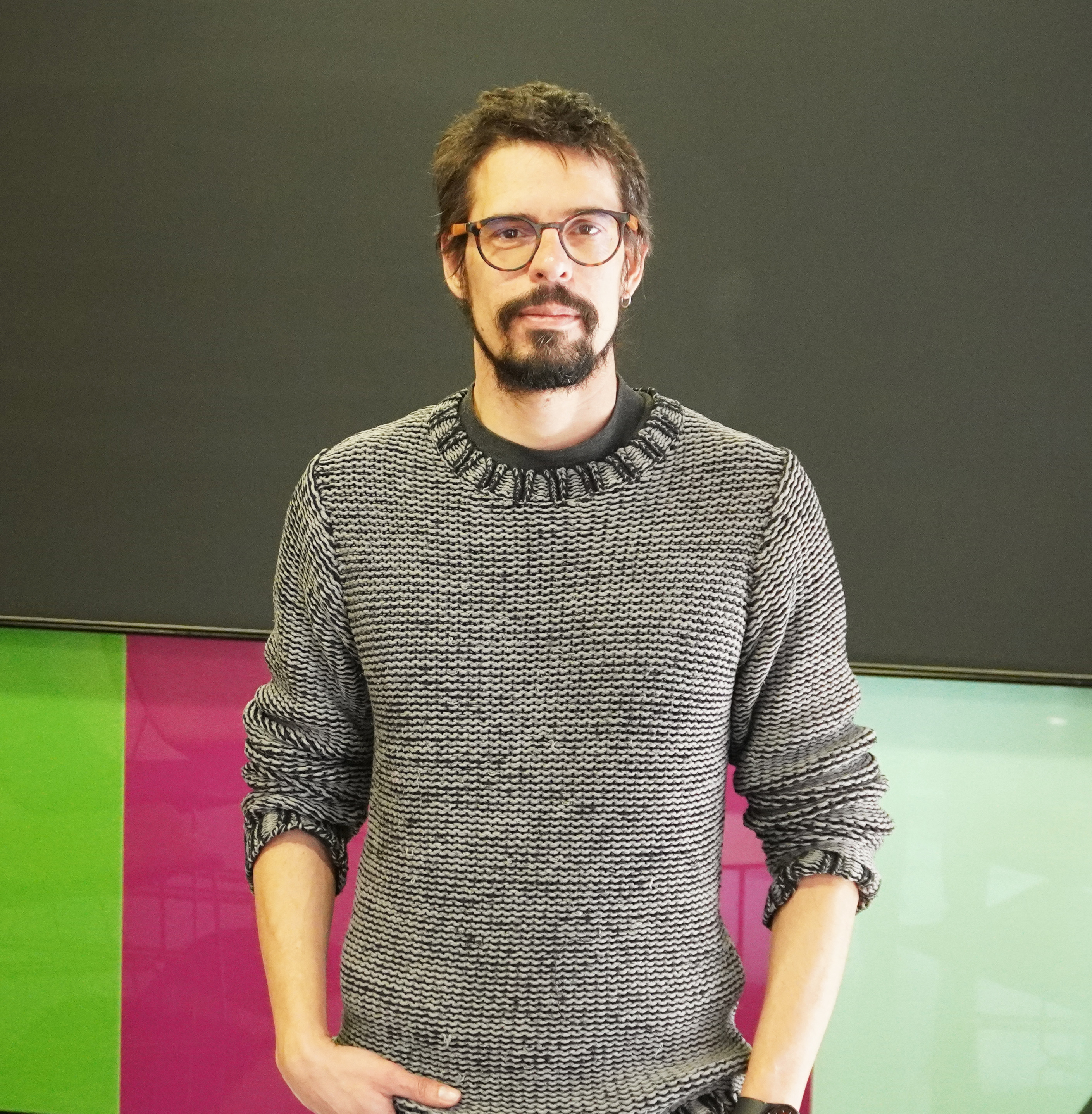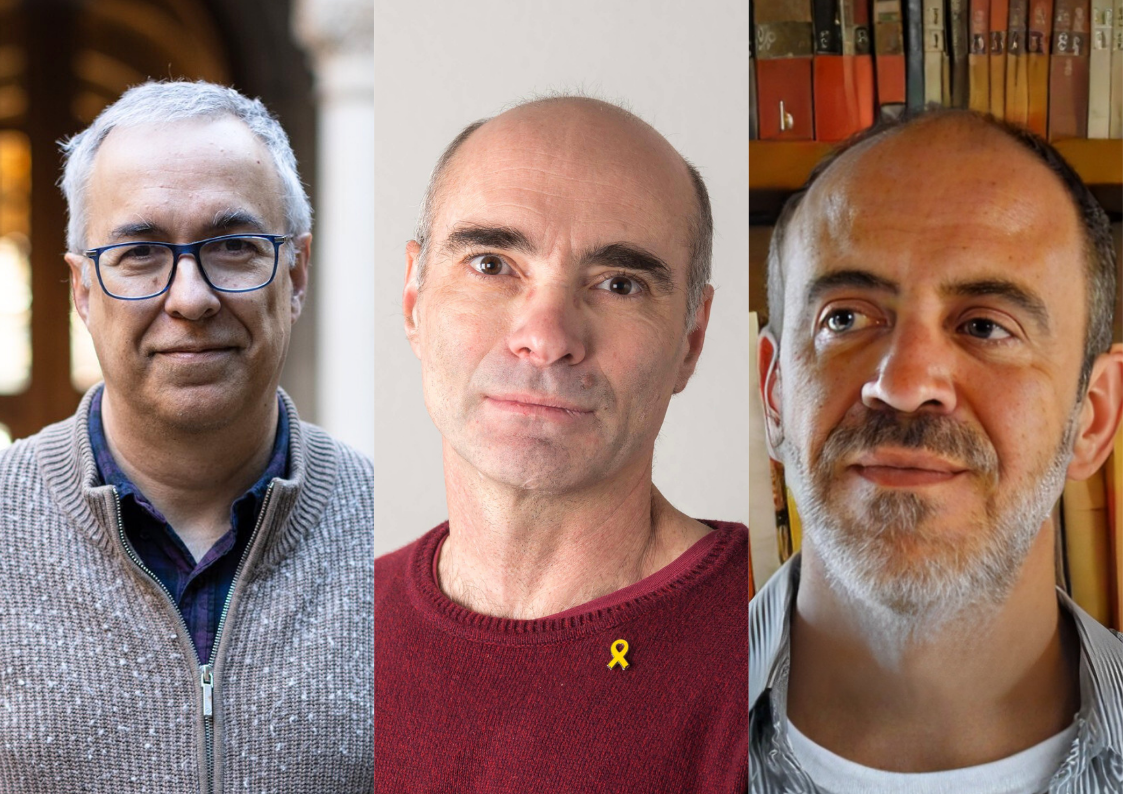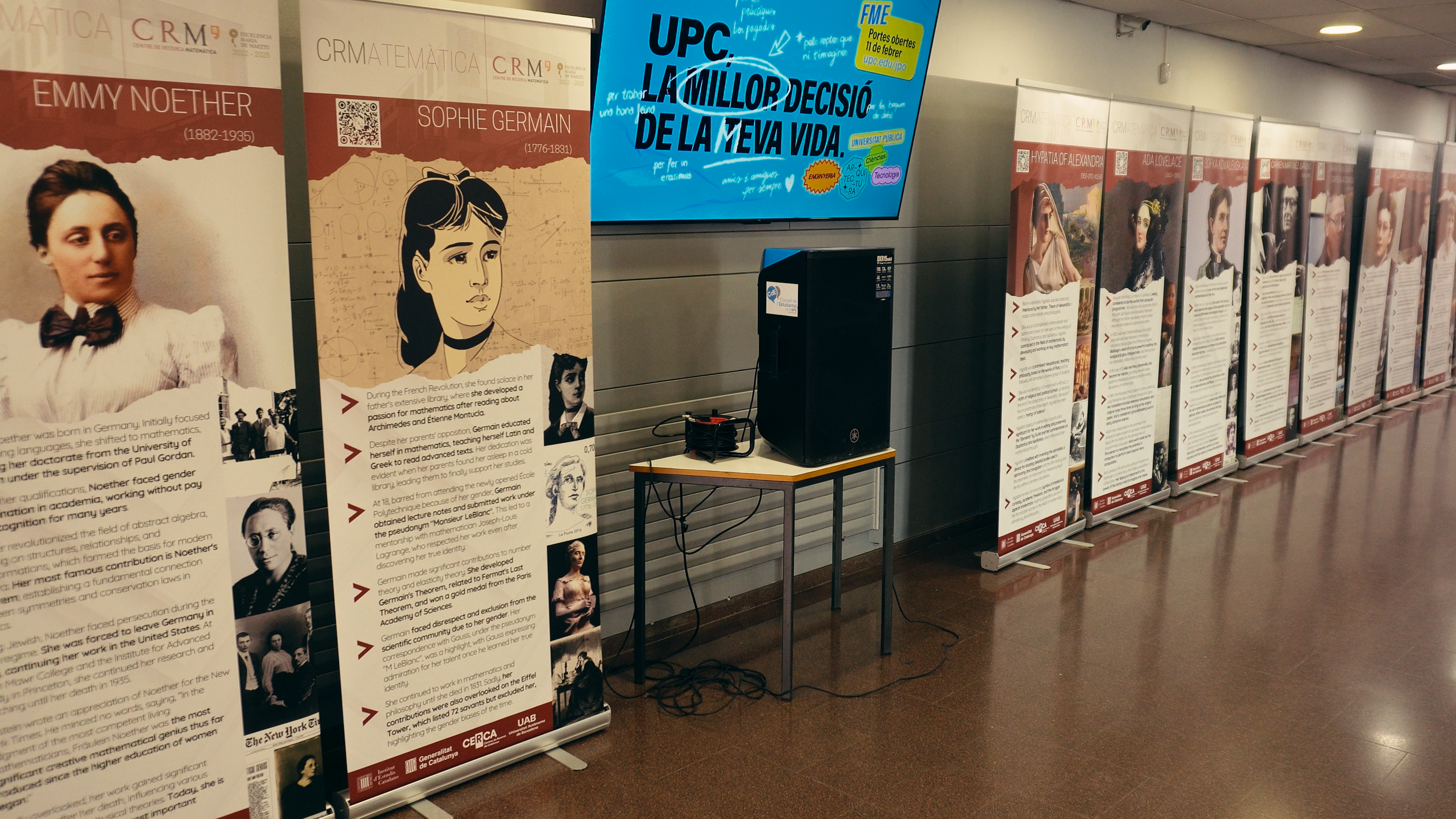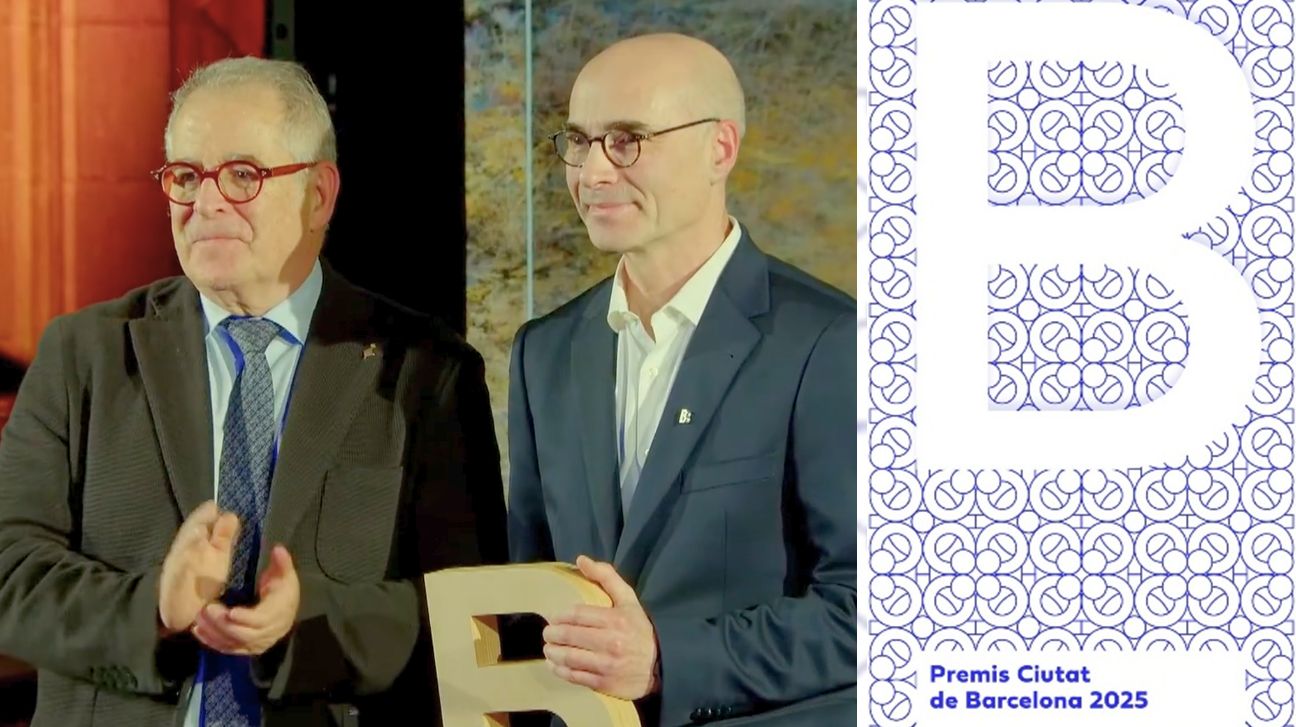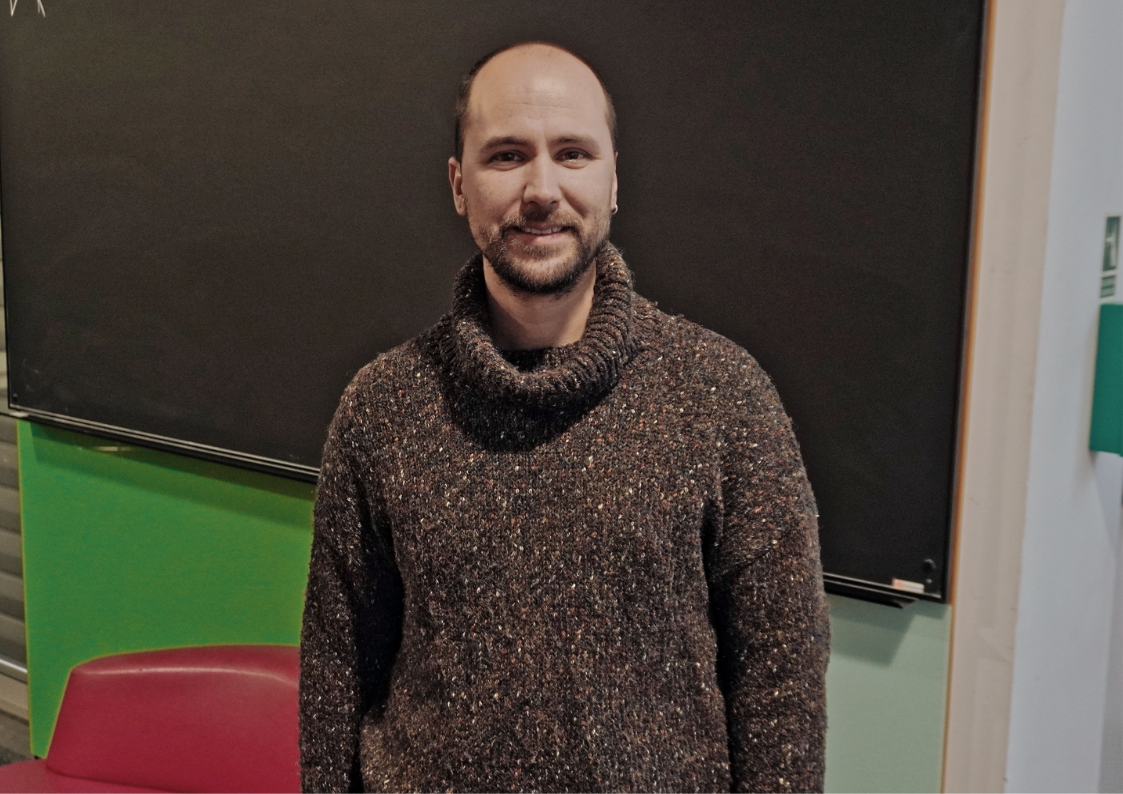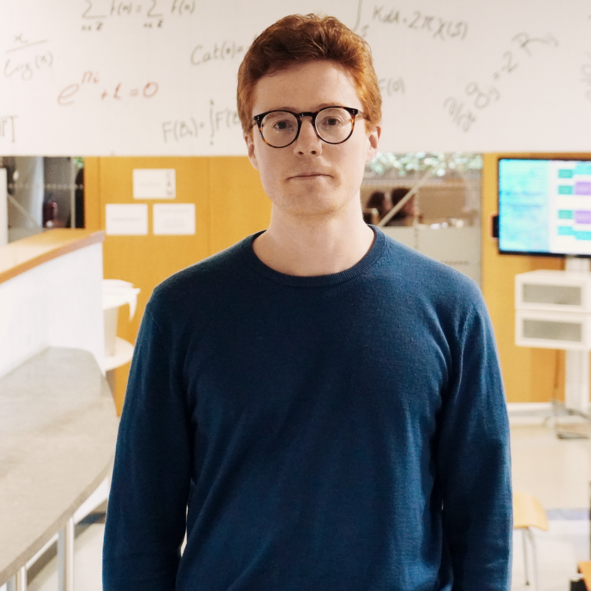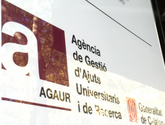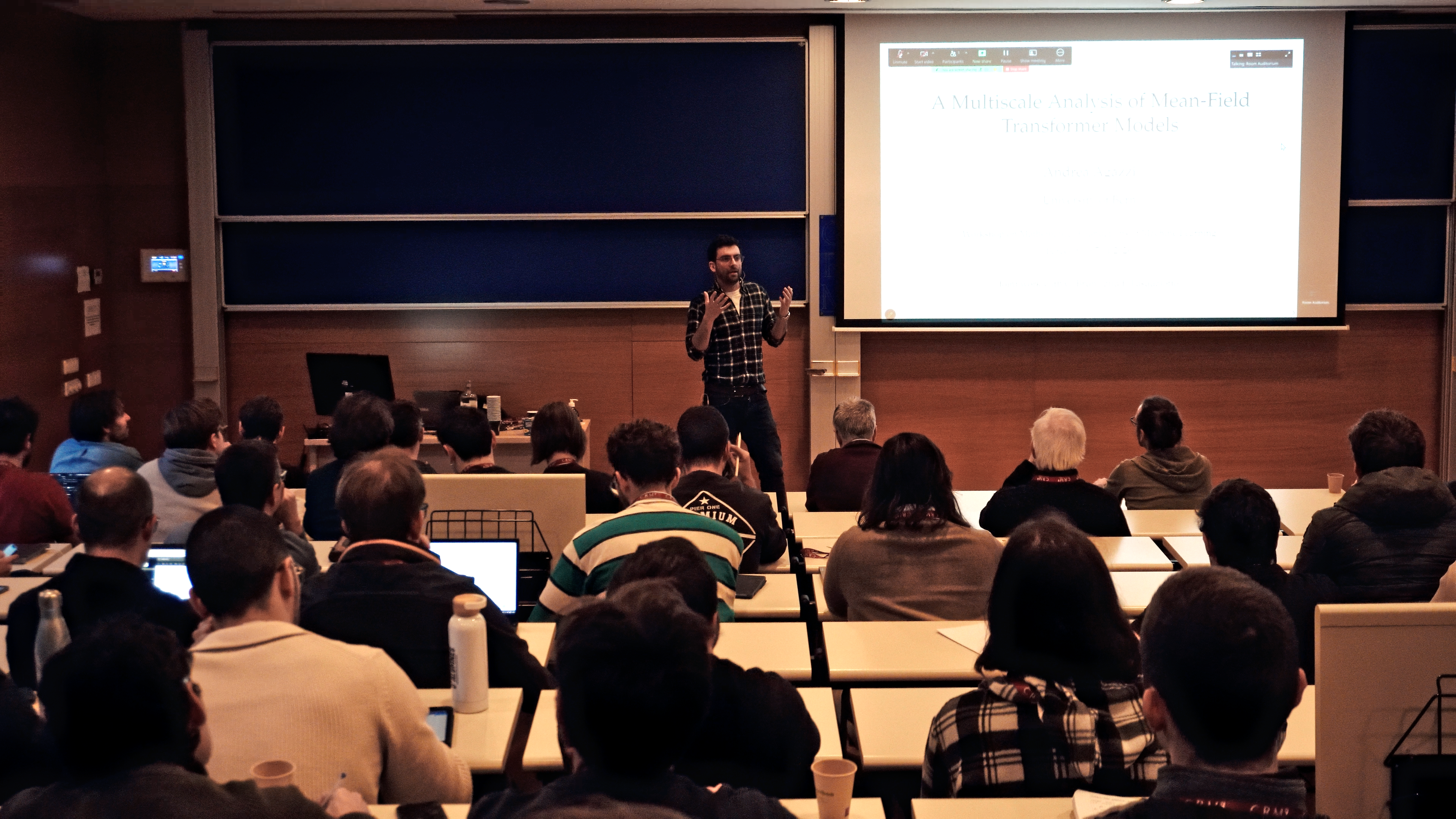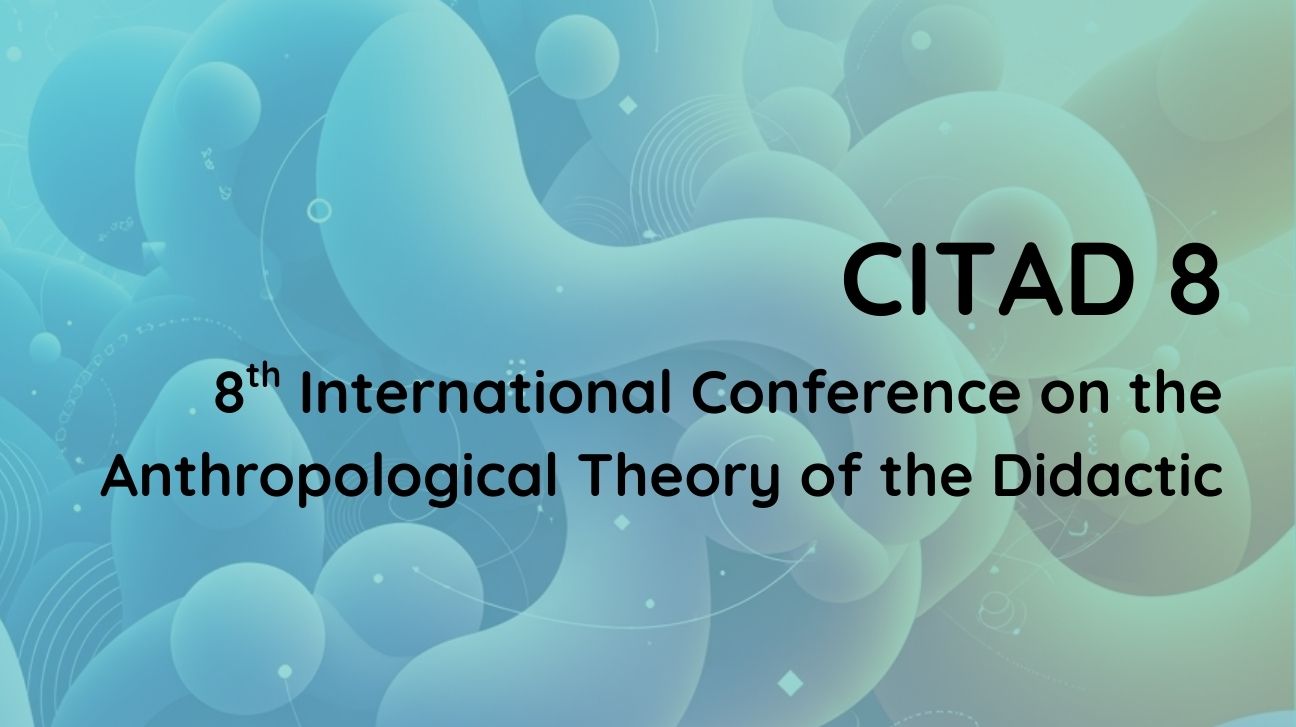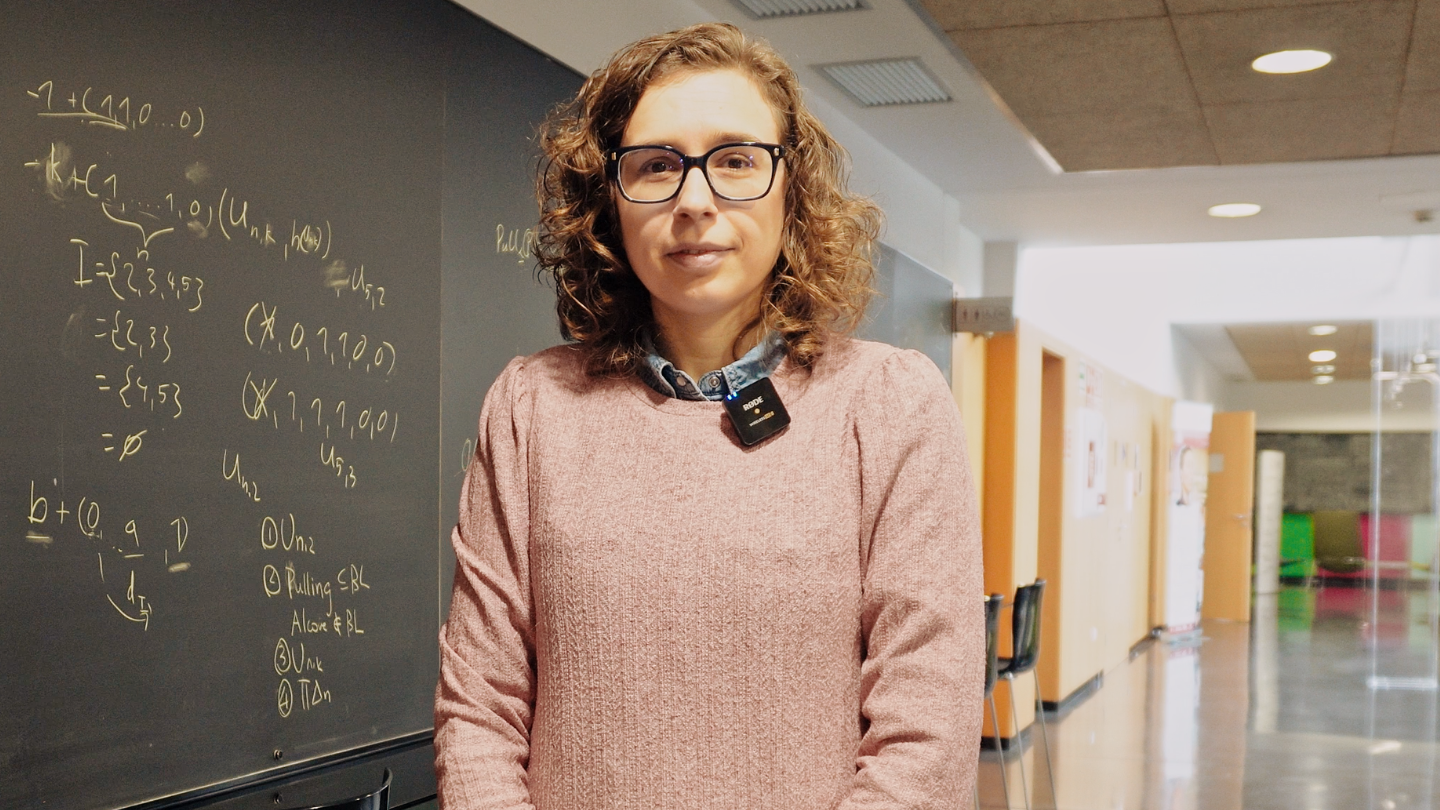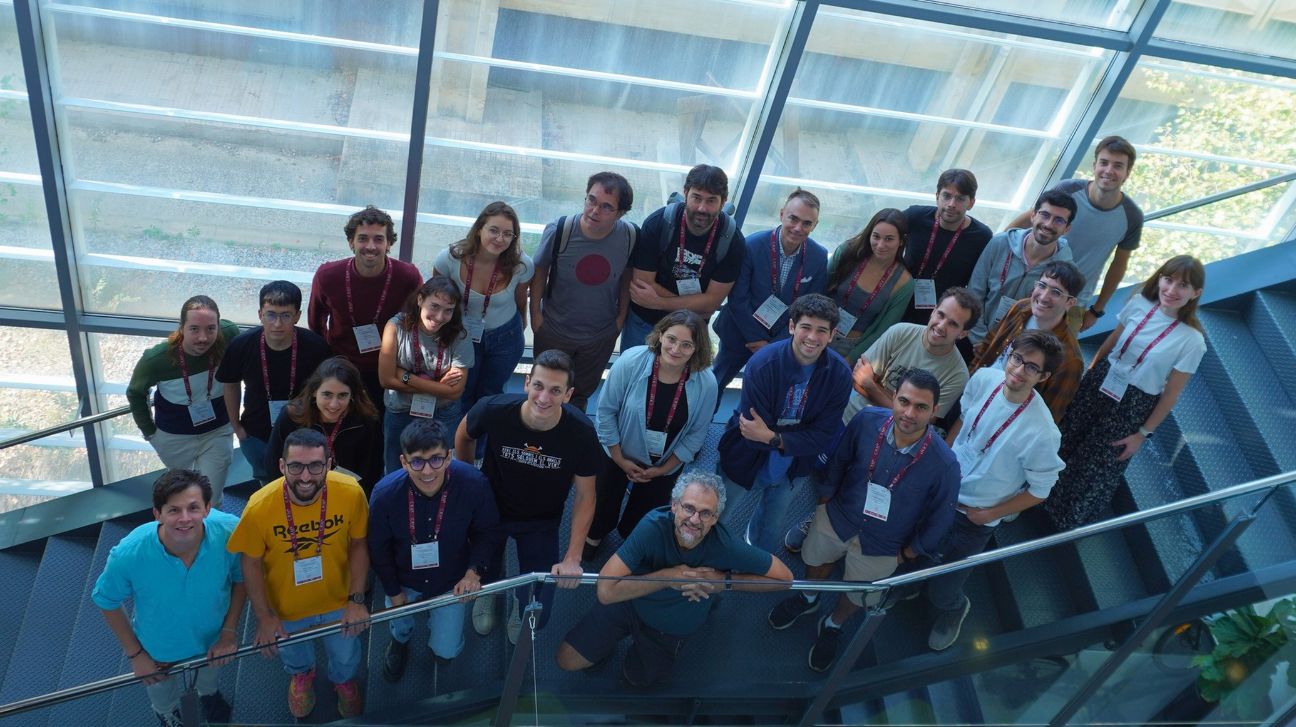
If there’s such a thing as a natural habitat for complexity, it’s definitely a room full of scientists arguing about it. From September 29 to October 3, 2025, the auditorium of the Centre de Recerca Matemàtica (CRM) became exactly that for the first Summer School of the Complex Systems Society (CS3): a living laboratory of ideas, all trying to decode how the world organises itself into chaos, and chaos into order.

This was the inaugural edition of what is set to become a biennial tradition of the Complex Systems Society Spain (CS³), the Spanish Chapter of the Complex Systems Society, founded to connect and strengthen the country’s growing community of researchers in complex systems. CS³ promotes collaboration across disciplines, from physics and biology to economics and the social sciences, through meetings, workshops, and schools that bridge theory and application. For five days, the CRM transformed into a miniature ecosystem of its own with biologists, physicists, economists, and mathematicians orbiting a shared set of questions: How do systems grow, adapt, and eventually break down?
For five days, the CRM became a miniature ecosystem of its own; biologists, physicists, economists, and mathematicians orbiting a shared set of questions: How do systems grow, adapt, and eventually break down?
Invited lecturers included Bernat Corominas-Murtra (Graz University), who led a journey through embryonic development, a dance of feedback, mechanics, and stochastic magic that somehow yields a creature instead of chaos, and Gasper Tkačik (ISTA), who shifted the conversation to optimisation; the idea that genes, neurons, and ecosystems might all be nature’s way of solving problems with mathematical precision.
Antonio Turiel (CSIC) brought the tone down to the planetary scale and to Earth’s thermodynamic limits. His course on energy, entropy, and collapse was a sober reminder that no system, not even the global economy, escapes the second law. And finally, Karoline Wiesner (University of Potsdam) closed the circle, tracing the philosophical and computational foundations of complexity science; from randomness to emergence, from theory to the social sphere.
Afternoons brought a different rhythm: contributed talks and posters that spilt from the lecture hall into corridors and coffee lines. Among the invited talks, Guim Aguadé-Gorgorió compared tumours to ecosystems, David Moriña revealed the hidden mathematics of gender-based violence, and Jacobo Aguirre stretched the discussion to the stars, tracing how molecular complexity might arise in interstellar clouds. Even the pharmaceutical world joined in, with Núria Folguera-Blasco (AstraZeneca) showing how mathematical models guide drug development. Marta Sales-Pardo (URV) closed the loop, reminding everyone that even in science, our assumptions are often the most invisible variables.

All in all, forty-seven participants from more than ten countries and over thirty institutions took part in the school; ten invited speakers, dozens of perspectives, and countless ideas exchanged over the course of five intense days.
Subscribe for more CRM News
|
|
CRM CommPau Varela
|
Trivial matemàtiques 11F-2026
Rescuing Data from the Pandemic: A Method to Correct Healthcare Shocks
When COVID-19 lockdowns disrupted healthcare in 2020, insurance companies discarded their data; claims had dropped 15%, and patterns made no sense. A new paper in Insurance: Mathematics and Economics shows how to rescue that information by...
El CRM Faculty Colloquium inaugural reuneix tres ponents de l’ICM 2026
Xavier Cabré, Joaquim Ortega-Cerdà i Xavier Tolsa, tots tres convidats a parlar al Congrés Internacional de Matemàtics del 2026, protagonitzaran la primera edició del nou col·loqui trimestral del Centre el 19 de febrer.El Centre de Recerca...
L’exposició “Figures Visibles” s’inaugura a la FME-UPC
L'exposició "Figures Visibles", produïda pel CRM, s'ha inaugurat avui al vestíbul de la Facultat de Matemàtiques i Estadística (FME) de la UPC coincidint amb el Dia Internacional de la Nena i la Dona en la Ciència. La mostra recull la trajectòria...
Xavier Tolsa rep el Premi Ciutat de Barcelona per un resultat clau en matemàtica fonamental
L’investigador Xavier Tolsa (ICREA–UAB–CRM) ha estat guardonat amb el Premi Ciutat de Barcelona 2025 en la categoria de Ciències Fonamentals i Matemàtiques, un reconeixement que atorga l’Ajuntament de Barcelona i que enguany arriba a la seva 76a edició. L’acte de...
Axel Masó Returns to CRM as a Postdoctoral Researcher
Axel Masó returns to CRM as a postdoctoral researcher after a two-year stint at the Knowledge Transfer Unit. He joins the Mathematical Biology research group and KTU to work on the Neuromunt project, an interdisciplinary initiative that studies...
The 4th Barcelona Weekend on Operator Algebras: Open Problems, New Results, and Community
The 4th Barcelona Weekend on Operator Algebras, held at the CRM on January 30–31, 2026, brought together experts to discuss recent advances and open problems in the field.The event strengthened the exchange of ideas within the community and reinforced the CRM’s role...
From Phase Separation to Chromosome Architecture: Ander Movilla Joins CRM as Beatriu de Pinós Fellow
Ander Movilla has joined CRM as a Beatriu de Pinós postdoctoral fellow. Working with Tomás Alarcón, Movilla will develop mathematical models that capture not just the static architecture of DNA but its dynamic behaviour; how chromosome contacts shift as chemical marks...
Criteris de priorització de les sol·licituds dels ajuts Joan Oró per a la contractació de personal investigador predoctoral en formació (FI) 2026
A continuació podeu consultar la publicació dels criteris de priorització de les sol·licituds dels ajuts Joan Oró per a la contractació de personal investigador predoctoral en formació (FI 2026), dirigits a les universitats públiques i privades del...
Mathematics and Machine Learning: Barcelona Workshop Brings Disciplines Together
Over 100 researchers gathered at the Centre de Recerca Matemàtica to explore the mathematical foundations needed to understand modern artificial intelligence. The three-day workshop brought together mathematicians working on PDEs, probability, dynamical systems, and...
Barcelona + didactics + CRM = CITAD 8
From 19 to 23 January 2026, the CRM hosted the 8th International Conference on the Anthropological Theory of the Didactic (CITAD 8), a leading international event in the field of didactics research that brought together researchers from different countries in...
Seeing Through Walls: María Ángeles García Ferrero at CRM
From October to November 2025, María Ángeles García Ferrero held the CRM Chair of Excellence, collaborating with Joaquim Ortega-Cerdà on concentration inequalities and teaching a BGSMath course on the topic. Her main research focuses on the Calderón problem,...

